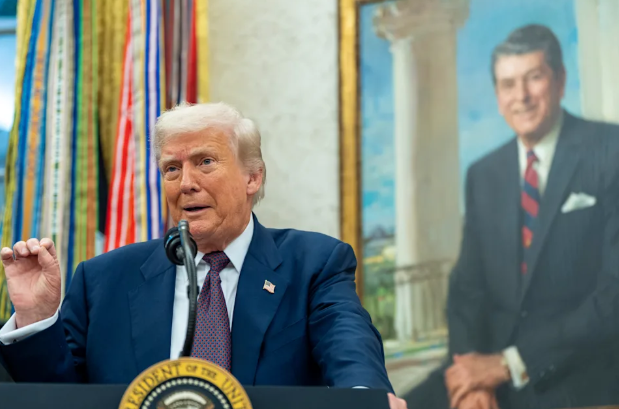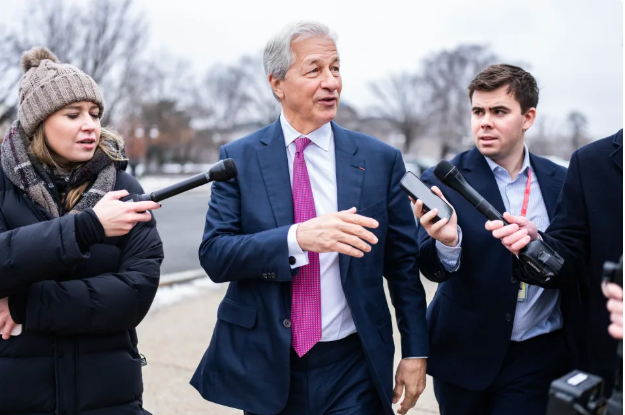Regulators are also called to review their supervisory data for instances of unlawful debanking based on religion and refer such cases to the Attorney General. Institutions found to have encouraged politicized or unlawful debanking will face remedial actions, including fines or consent decrees, according to the order.
The order also calls for bank regulators to strike a particular kind of risk assessment from their guidance and supervision efforts known as reputational risk. Two federal bank regulators — the Federal Reserve and Office of the Comptroller of the Currency — have already eliminated reputational risk as part of their bank examination programs. The FDIC has signaled it plans to follow suit.
The Small Business Administration will also be tasked with requiring institutions to take efforts to reinstate customers previously denied services unlawfully.
The order did not lay out further details for how the investigative efforts by regulators will unfold, including which lenders these agencies will choose to scrutinize first.
The order is another boon to crypto, which during the Biden era, was flagged by regulators as a higher-risk industry for lenders. It also reflects how the president’s own interests continue to shape policymaking this year.
On Tuesday, President Trump claimed that the country’s two largest banks — JPMorgan Chase (JPM) and Bank of America (BAC) discriminated against him and other conservatives by denying them services. He cited his own personal experience as an example.
"The banks discriminated against me very badly,” Trump said in a Tuesday morning interview with CNBC’s “Squawk Box.”

The president is far from the only entity carrying the Trump name that has claimed denial of banking services.
Earlier this year, the Trump Organization sued major credit card lender Capital One (COF) for allegedly debanking hundreds of its accounts following the Jan. 6, 2021, attack on the US Capitol in Washington, D.C.
The bank has since said the lawsuit failed to include any facts to back the claim that the moves were politically motivated.
For years, conservatives have claimed that US banks have denied accounts to certain customers for political reasons. Crypto companies and their executives have also claimed they have lost or were denied banking services; Coinbase Global executives have shared several accounts.
Another criticism heard from both Republican and Democratic lawmakers is that banks can use debanking too aggressively as a legal and reputational risk-management tool when following the broad aim of preventing fraud, money laundering, terrorism, and other crimes. And that, critics have said, has led to incorrectly evicting or refusing customers service.
Lawmakers have cited thousands of debanking complaints from consumers in recent years.

However, US lenders must follow guidance handed down by regulators that calls for lenders to assess customers based on specific risk criteria, including reputational risk.
Arguably, that dynamic gave banks greater discretion when weighing whether customers signaling questionable behavior are too risky to bank. It also grants regulators wider authority to lay out what sort of activity lenders should pay closer attention to.
"We thank the Administration for its efforts to protect access to banking and rein in runaway regulations and look forward to working with the White House, Congress and the agencies to create a national standard that advances these goals," bank industry groups including the Bank Policy Institute, Financial Services Forum and American Bankers Association said Thursday in a joint statement on the order.